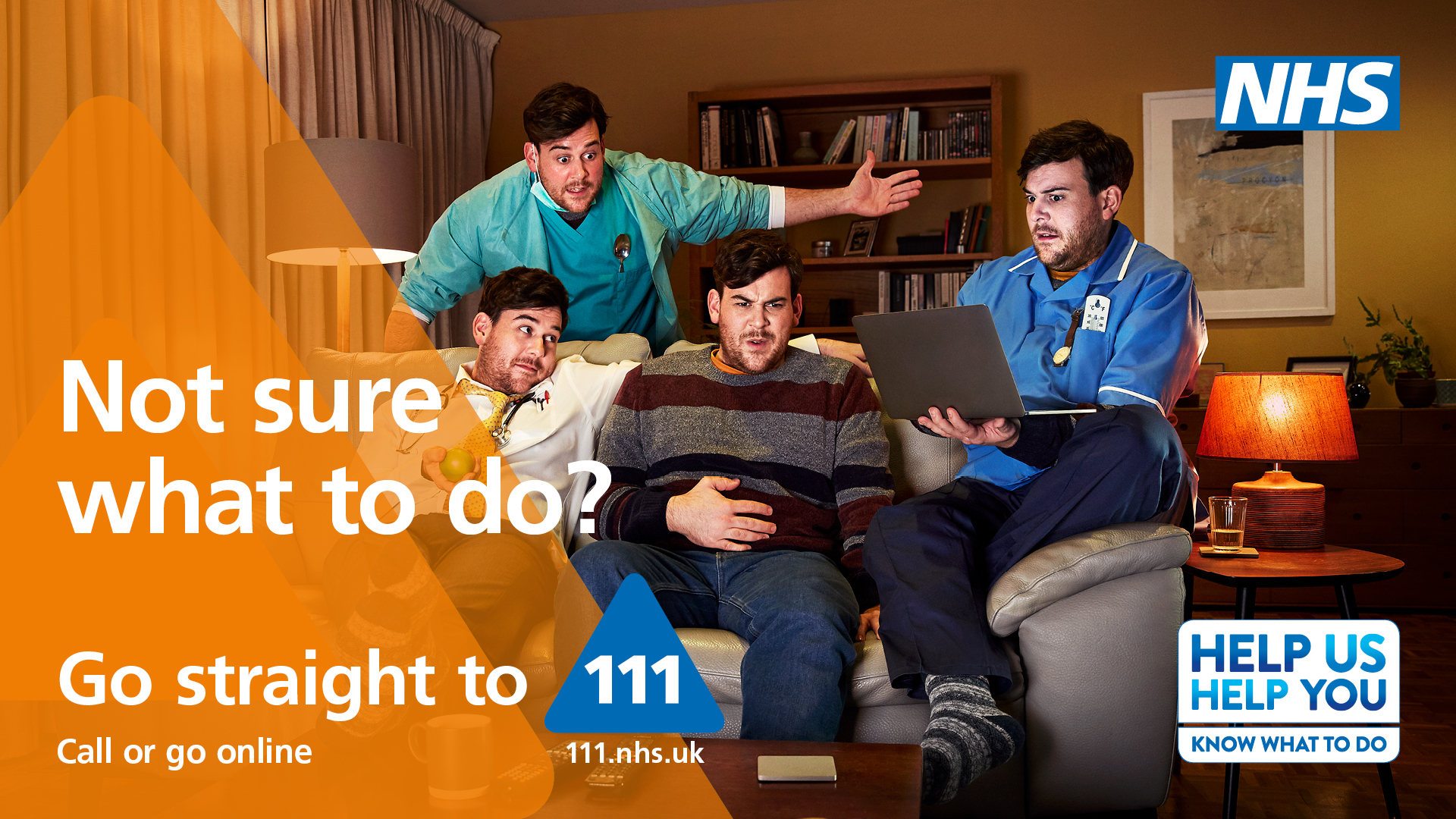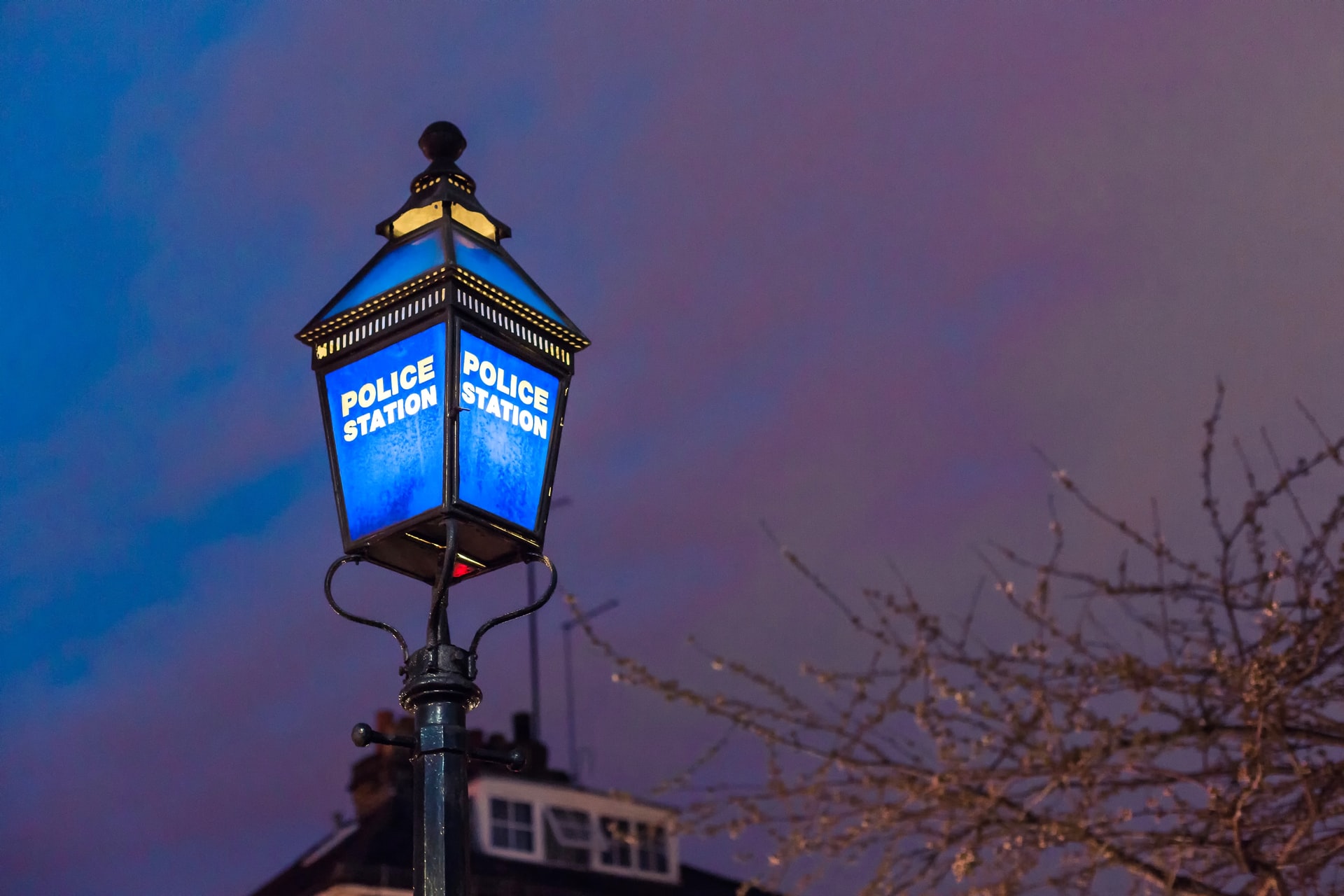EMERGENCIES AND IN TIMES OF TROUBLE
| Site: | Learn Hillingdon - Adult Community Education |
| Course: | Welcome to Hillingdon |
| Book: | EMERGENCIES AND IN TIMES OF TROUBLE |
| Printed by: | Guest user |
| Date: | Wednesday, 4 March 2026, 2:15 PM |
Description
 Summary of sections:
Summary of sections:
|
1. Calling 999 - Help with immediate / life threatening emergencies
3 services are available when you dial 999 in an emergency:
Fire 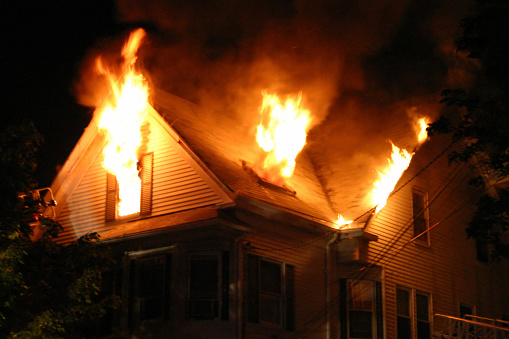 Police
Police Ambulance
Ambulance
This is when someone is seriously ill, injured or their life is at risk.
 Using a phone, call 999 in an emergency.
Using a phone, call 999 in an emergency.
Ask for either – Fire
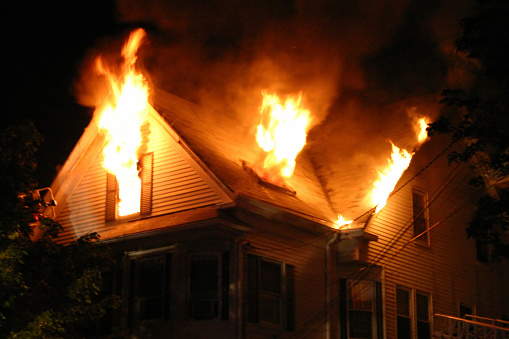 OR
OR
Police 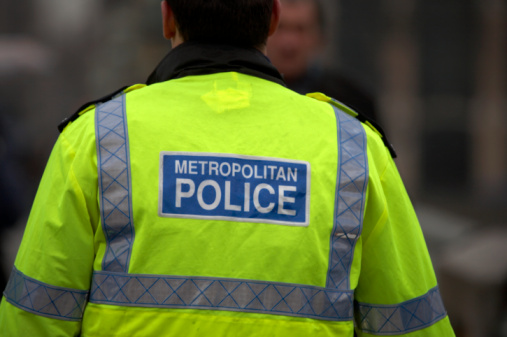 OR
OR
Ambulance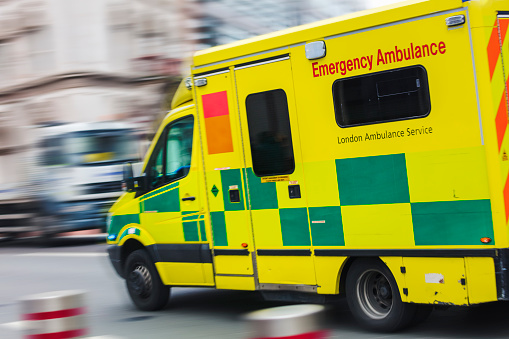
The operator will connect you and someone will ask you for more information about the problem.
They will ask:
-Where are you (including the area or postcode)?
-What phone number are you calling from?
-What has happened?
An ambulance will be sent if it's a life-threatening emergency.
Speak clearly, spell the address.
For more information for when to call 999: When to call 999
2. NHS 111 for non-emergency help
NHS 111 in a non-emergency service. NHS 111 can help if you have an urgent medical problem and you’re not sure what to do.
Get help online or on the phone.
To get help from NHS 111, you can:
Go online: NHS 111 Online (for people aged 5 and over) .
OR
 Dial 111 on your phone.
Dial 111 on your phone.
NHS 111 is available 24 hours a day, 7 days a week.
If you have difficulties communicating or hearing, you can:
Call
 18001 111 on a textphone.
18001 111 on a textphone.
Use the NHS 111 British Sign Language (BSL) interpreter service if you’re deaf and want to use the phone service.
3. Hospitals with A&E departments
Phone – 01895 238282 MOUNT VERNON HOSPITAL (Minor Injuries Unit) Rickmansworth Road, Northwood, HA6 2RN Phone - 01923 826111 EALING HOSPITAL (Has an Urgent Care Centre but It doesn’t have a children’s A&E) Uxbridge Road, Southall, UB1 3HW Phone - 0208 967 5000
Hospitals with Accident and Emergency (A&E) Departments
HILLINGDON HOSPITAL
Pield Heath Road, Uxbridge, UB8 3NN
4. Information on Police, domestic abuse and other emergencies
This section includes information on: 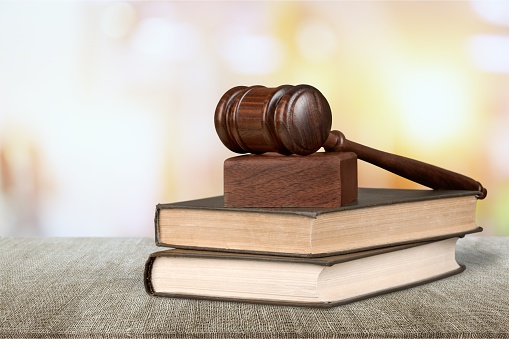
1. The Criminal Justice System, including the police in the UK
2. Hate crime
3. Domestic Abuse
4. Other emergency information such as Modern slavery.
4.1. Criminal Justice System (CJS) and Police
CRIMINAL JUSTICE SYSTEM
We hope that you will not come into contact with the Criminal Justice System (CJS) but it is worth knowing the basics of how things work in the UK.
The CJS is made up of bodies such as the police, the courts and the Crown Prosecution Service.
The CJS website is the best way to find out what happens. If you want more information, click the link below:

POLICE IN THE UK
The police in the UK are responsible for keeping law and order.
If you are arrested or charged with a crime, the police will tell you the reason for your arrest. You have the right to free legal advice from a solicitor at the police station, and the right to send a message to a friend or family member.
The power to stop and search people can help the police to detect crime and make your community safer.
‘Stop and search’ is when a police officer stops and searches you, your clothes, your vehicle, or anything you are carrying. You can ask for the name of the officer who has stopped you, the police station where he/she is based, and the reason for the search.
Click for more information: Police-powers-to-stop-and-search-your-rights
You should call the police if you have a car accident in which someone is hurt, if you are the victim of a crime or a witness to a crime.
Contacting the police
In an emergency you call 999.
Call 101 for non-emergency enquiries.
For the website: Met police UK
If you're deaf or hard of hearing, you can use the textphone service 18000 or text on 999 but you must pre-register with the emergency SMS service.
- Your area has a Safer Neighbourhood Team who help with local problems (noise, graffiti, and anti-social behaviour).
Hayes Police Station 755 Uxbridge Road Hayes
Open - 24 hours a day |
Ruislip Police Station The Oaks, Manor Road Ruislip
(People can call but the station is not open for the general public) |
|---|---|
Heathrow Polar Park Police Station 316 Bath Rd,Sipson Harmondsworth West Drayton UB7 0DQ
Open – 24 hours a day |
Harefield Police Office Hill End Road Harefield UB9 6JH
Open – 10am-12noon |
Complaints against police treatment
If you think you have been treated unfairly, or because of your race, religion or clothes, you can complain.
The form the police officer gave you will show the address of the police station – you can go to that police station.
If you are still not happy – you can ask the Citizens Advice Bureau for help.
4.2. Hate crime
A hate crime is when someone commits a crime against you because of your:

disability
gender identity
race
religion
sexual orientation
or any other actual or perceived difference
It doesn't just mean physical violence.
Someone using offensive language towards you or harassing you because of who you are (or who they think you are) is also a crime.
Another example of hate crime is someone posting abusive or offensive messages about you online.
Even if you're not sure if it's a crime or not, you should report it so we can investigate.
Hate crime doesn't have to be targeted at you to report it. You can report anything you see happening to someone else or report it on their behalf if they don't want to.
Click to: Report a hate crime4.3. Domestic Abuse
Anyone can be a victim of domestic abuse, regardless of gender, age, ethnicity, socio-economic status, sexuality or background. Emotional Abuse Does your partner, or former partner, ever: belittle you, or put you down? blame you for the abuse or arguments? deny that abuse is happening, or play it down? isolate you from your family and friends? stop you going to college or work? make unreasonable demands for your attention? accuse you of flirting or having affairs? tell you what to wear, who to see, where to go, and what to think? control your money, or not give you enough to buy food or other essential things? threaten or intimidate you? Threats and Intimidation Does your partner, or former partner, ever: threaten to hurt or kill you? destroy things that belong to you? stand over you, invade your personal space? threaten to kill themselves or the children? read your emails, texts or letters? harass or follow you? Physical Abuse The person abusing you may hurt you in a number of ways. Does your partner, or former partner, ever: slap, hit or punch you? push or shove you? bite or kick you? burn you? choke you or hold you down? throw things? abuse you sexually? Sexual abuse can happen to anyone, whether they’re male or female. Sexual Abuse Does your partner, or former partner, ever: touch you in a way you don’t want to be touched? make unwanted sexual demands? hurt you during sex? pressure you to have unsafe sex – for example, not using a condom? pressure you to have sex? If your partner, or former partner, has sex with you when you don’t want to, this is rape. Have you ever felt afraid of your partner or former partner? Have you ever changed your behaviour because you’re afraid of what your partner, or former partner, might do? If you, or someone you know, is a victim of domestic abuse find out how to report domestic abuse. Click here: Report Domestic Abuse If you are in immediate danger, call 999 and ask for the police. If you are deaf or can’t verbally communicate: You can register with the Emergency SMS service Or Text REGISTER to 999. The London Borough of Hillingdon website has more information about support for people who are experiencing domestic abuse. Click here: Domestic abuse information in HillingdonHow to get help:
If you think you may be in an abusive relationship, there is help available.
Report it
4.4. Modern Slavery awareness
What is Modern Slavery? 
(information taken from Anti-Slavery International page)
Modern slavery is when someone exploits or uses other people in a most horrific and harsh way for their own personal or commercial gain.
Modern slavery is all around us, but often just out of sight.
People can become slaves and entrapped into doing many things, such as making our clothes, serving our food, picking our crops, working in factories, or working in houses as cooks, cleaners or nannies.
From the outside, it can look like a normal job. But people are being controlled – they can face violence or threats, be forced into inescapable debt, or have had their passport taken away and are being threatened with deportation. Many have fallen into this trap simply because they were trying to escape poverty or insecurity, improve their lives and support their families. Now, they can’t leave.
Forms of Modern Slavery
Modern slavery takes many forms. The most common are:
- Human trafficking. The use of violence, threats or coercion to transport, recruit or harbour people in order to exploit them for purposes such as forced prostitution, labour, criminality, marriage or organ removal.
- Forced labour. Any work or services people are forced to do against their will under threat of punishment.
- Debt bondage/bonded labour. The world’s most widespread form of slavery. People trapped in poverty borrow money and are forced to work to pay off the debt, losing control over both their employment conditions and the debt.
- Descent–based slavery. Most traditional form, where people are treated as property, and their “slave” status was passed down family in the maternal line.
- Slavery of children. When a child is exploited for someone else’s gain. This can include child trafficking, child soldiers, child marriage and child domestic slavery.
- Forced and early marriage. When someone is married against their will and cannot leave. Most child marriages can be considered slavery.
People end up trapped in modern slavery because they are vulnerable and can be easily tricked and exploited, often as a result of poverty and exclusion. It is these external circumstances that push people into taking risky decisions in search of opportunities to provide for their families, or are simply pushed into jobs in exploitative conditions.
General Indicators of modern slavery 
Someone in slavery might:
- appear to be under the control of someone else and reluctant to interact with others
- not have personal identification such as passports, etc, on them
- have few personal belongings, wear the same clothes every day or wear unsuitable clothes for work
- not be able to move around freely
- be reluctant to talk to strangers or the authorities
- appear frightened, withdrawn, or show signs of physical or psychological abuse
- dropped off and collected for work always in the same way, especially at unusual times, i.e. very early or late at night.
What to do if you spot these signs:
If you suspect that someone is in slavery, DO NOT confront them or cause a scene as this will likely lead to increased harm for them. Instead, go to / inform relevant authorities or organisations working in the field.
If you are in the UK and suspect someone might be in slavery, you have several options:
- Call the Modern Slavery Helpline on 08000 121 700 or fill out an online form.
- Contact the Gangmasters and Labour Abuse Authority to report concerns about the mistreatment of workers on 0800 432 0804, or by email intelligence@glaa.gsi.gov.uk
- Contact Crimestoppers on 0800 555 111
- Contact the Police
- Adult Victim Referral: Salvation Army 0300 303 8151
- Child Trafficking Advice Centre (CTAC): NSPCC 0808 800 5000
- Contact Anti-Slavery International or other specialist anti-slavery organisations
- Contact CEOP – Child Exploitation Online Exploitation on 0870 000 3344
Main Point of Contact for London
Metropolitan Police: Modern Slavery and Kidnap Unit
email: TraffickingReferralTeam@met.pnn.police.uk
Call: 0207 587 3546 (office hours)
5. Covid-19 and Coronavirus
COVID-19 is a new illness that can affect your lungs and airways. It's caused by a virus called coronavirus.
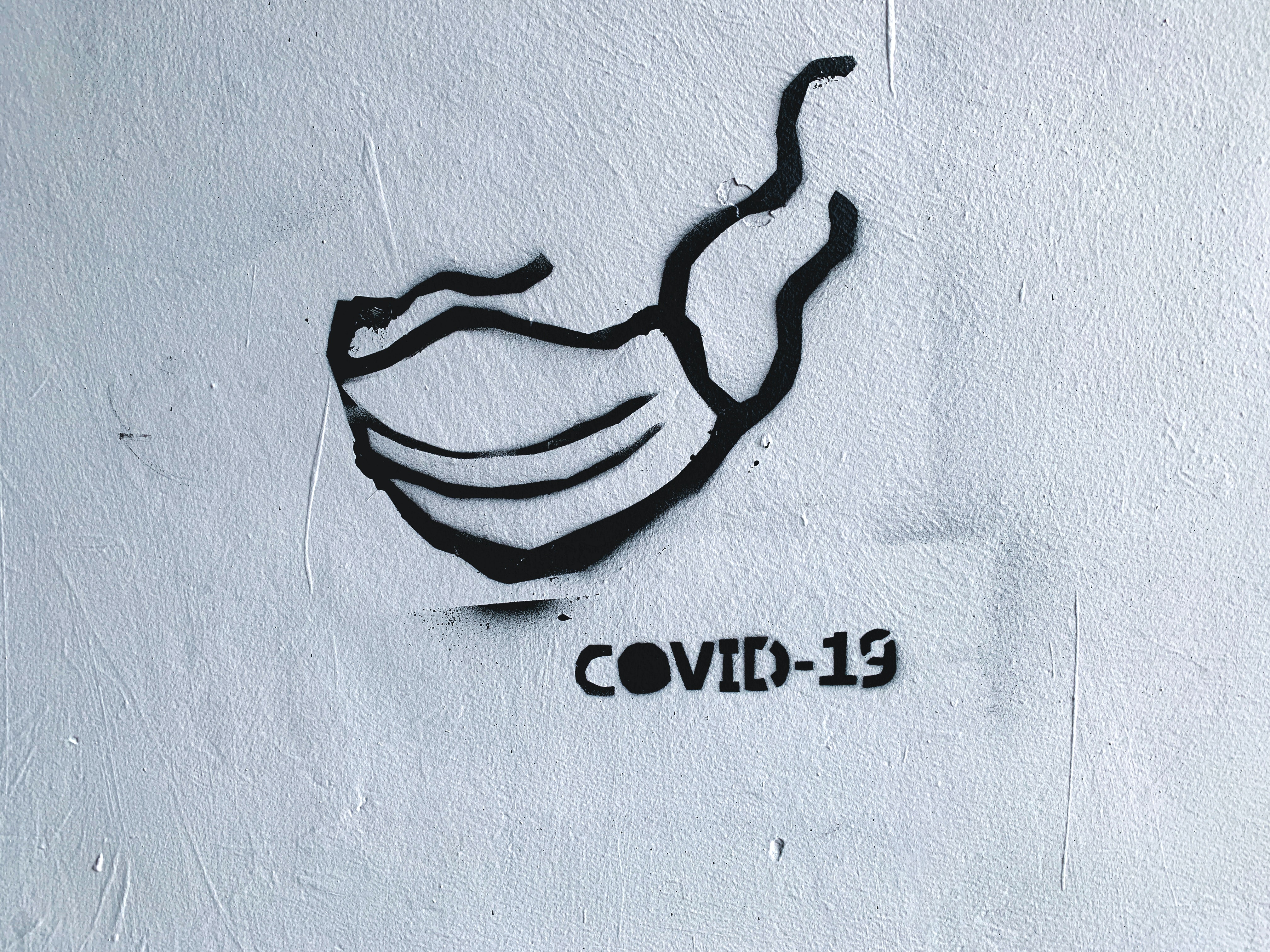
The symptoms of coronavirus are:
A continuous cough
A high temperature
Shortness of breath
A loss or change to your sense of smell or taste
How to avoid catching or spreading:
Wash your hands with soap and water often – do this for at least 20 seconds.
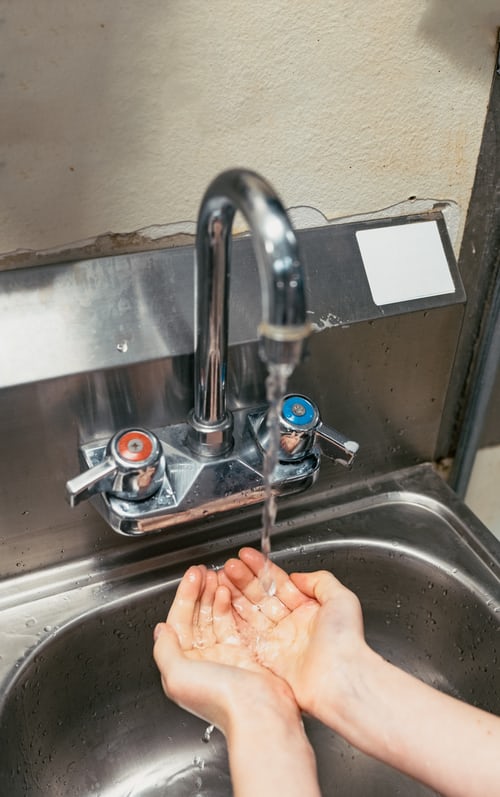
Always wash your hands when you get home or into work.
Use hand sanitiser gel if soap and water are not available.
Cover your mouth and nose with a tissue or your sleeve (not your hands) when you cough or sneeze.
Put used tissues in the bin straight away and wash your hands afterwards.
Try to avoid close contact with people who are unwell.
Do not touch your eyes, nose or mouth if your hands are not clean.
NHS 111 has an online coronavirus service that can tell you if you need medical help and advise you what to do
 Call NHS 111 for their coronavirus service
Call NHS 111 for their coronavirus service
Use this service if:
You think you might have coronavirus.
In the last 14 days you've been to a country or area with a high risk of coronavirus – see website: corona virus advice for travellers.
You've been in close contact with someone with coronavirus.
For more information please visit:
https://www.nhs.uk/conditions/coronavirus-covid-19/
https://www.hillingdon.gov.uk/coronavirus
5.1. Coronavirus and wellbeing
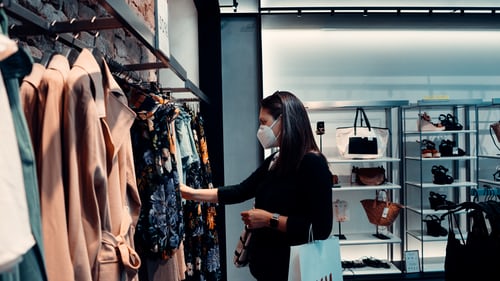
The coronavirus (COVID-19) outbreak means that life is changing for all of us for a while. It may cause you to feel anxious, stressed, worried, sad, bored, lonely or frustrated.
It's important to remember it is OK to feel this way and that everyone reacts differently. Remember, this situation is temporary and, for most of us, these difficult feelings will pass.
There are some simple things you can do to help you take care of your mental health and wellbeing during times of uncertainty. Doing so will help you think clearly, and make sure you are able to look after yourself and those you care about.
For specific tips and advice while staying at home, read our advice on
Maintaining your mental wellbeing while staying at home.
It is important to follow the guidance to keep everyone safe.
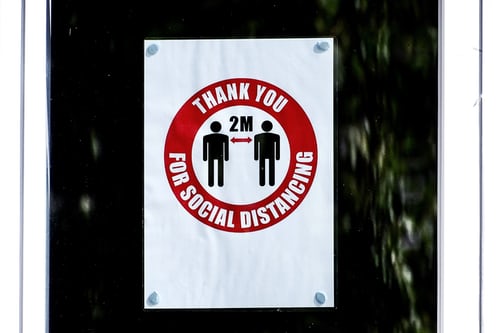
Latest official guidance on staying at home and away from others
Visit our 'Beat Corona Boredom' page that tutors have created for you
